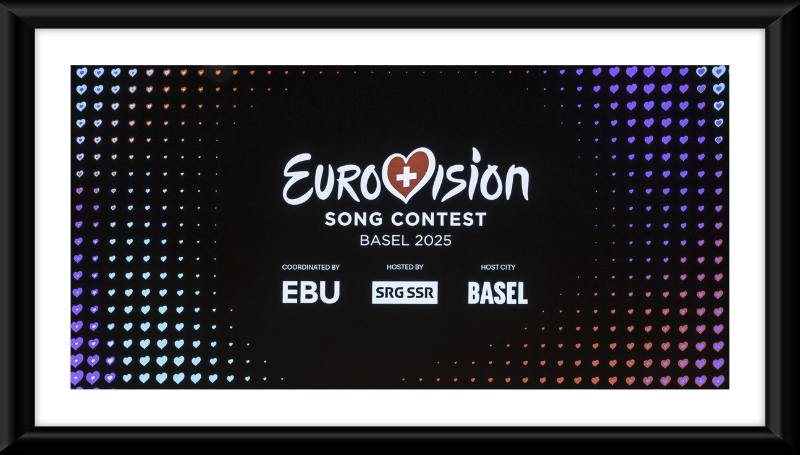Eden Taboubi
Times of Israel, May 29, 2025
“There’s no differentiation anymore between standing for human rights and supporting terror.”
In the recent Eurovision Song Contest held on May 17th, 2025, in Basel, Switzerland, Yuval Raphael, a Nova massacre survivor, represented Israel with her song of hope, “New Day Will Rise.”
Starting from day one of the competition, the young singer became a target of threats, hate speech, and discrimination beginning with the Turquoise Carpet event, where she was met by Palestinian flags and anti-Israel protest chants. Among the crowd, a man made a menacing gesture, drawing his hand across his throat as the Israeli delegation entered.
Just four days later, the hostility took a deadly turn far from the stage. On May 21st, 2025, at 21:08 in Washington, D.C., a man armed with a handgun opened fire outside the Lillian & Albert Small Capital Jewish Museum. The attack brutally ended the lives of two Israeli Embassy staff members, shot down in cold blood on American soil, adding yet another chapter to the wave of rising anti-Israel violence.
What happened a few days ago is part of a bigger chain of events. It is, in fact, part of a disturbing trend with a name. Across protests, university campuses, and social media feeds, a rallying cry has resurfaced: “Globalize the Intifada.”
The Arabic word Intifada, meaning “uprising” or “shaking off,” historically refers to waves of violent Palestinian resistance against Israel, marked by terrorism and civilian casualties. Today, that term is being revived and rebranded by Western activists and influencers who, under the banner of “resistance” and “liberation,” are giving cover to violence, antisemitism, and calls for terror. ….SOURCE


